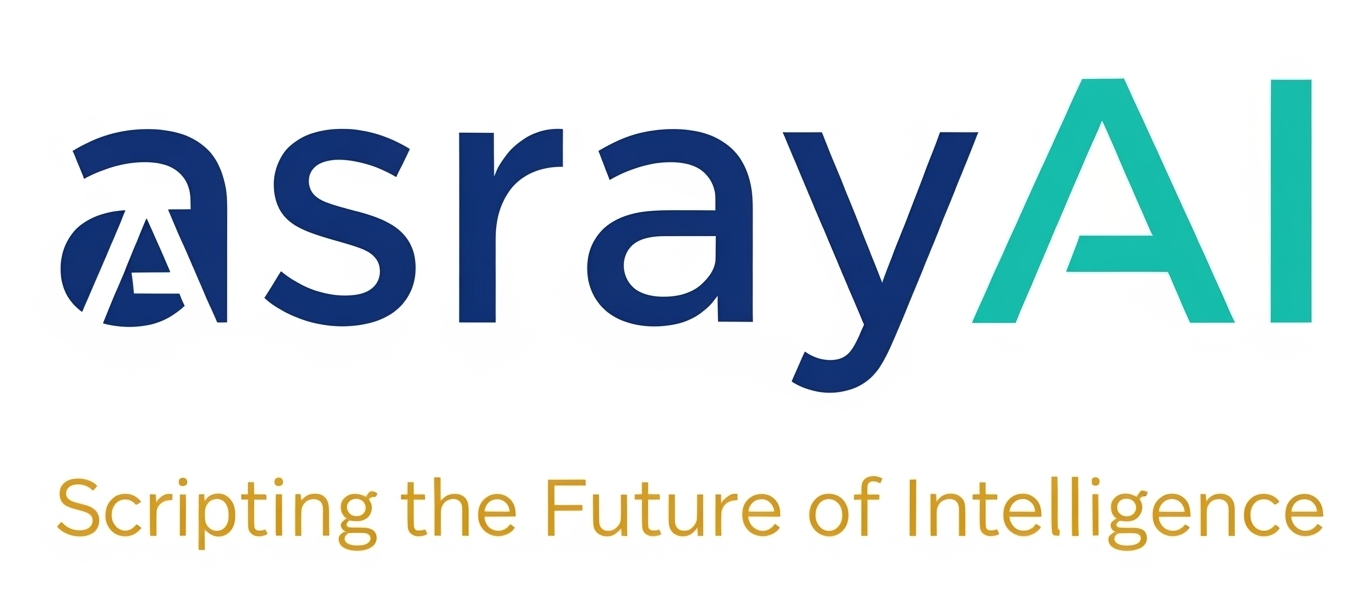As AI agents become more sophisticated, they’re no longer just tools — they’re becoming companions, co-workers, and decision-makers. This raises important ethical challenges that go beyond technical issues.
1. Privacy and Data Security
Agents often need access to personal or sensitive data to be useful. But:
- How much data should they store?
- Who owns that data — the user or the company?
- What happens if the agent is hacked or misused?
Balancing usefulness with privacy is one of the biggest hurdles.
2. Dependency and Over-Reliance
If agents handle scheduling, finances, and even emotional support, will people become overly dependent? Just like over-reliance on GPS has eroded map-reading skills, over-reliance on AI could affect memory, critical thinking, and independence.
3. Bias and Fairness
AI agents inherit biases from their training data. This can lead to:
- Unequal treatment in customer service.
- Harmful stereotypes in conversations.
- Discrimination in decision-making (e.g., hiring or lending).
Ethical AI requires active bias mitigation and continuous monitoring.
4. Responsibility and Accountability
When an autonomous agent makes a mistake — say, transferring money incorrectly — who is responsible?
- The developer?
- The company deploying it?
- The user who initiated the request?
Clear accountability frameworks will be essential as agents gain autonomy.
5. Emotional Manipulation
As agents become more conversational, there’s a risk of emotional attachment. While this can be positive (companionship for the lonely), it can also be exploited for manipulation — nudging users toward purchases, political views, or behaviors.
Conclusion
Ethical challenges in AI agents are not abstract — they affect how we trust, use, and regulate these systems. Privacy, dependency, bias, accountability, and emotional manipulation must be addressed if AI agents are to become safe and reliable companions.
